Frederica Freyberg:
Welcome to “Here and Now” live post-debate coverage. I’m Frederica Freyberg. Over the next half hour, we’ll have highlights and analysis of the final Burke/Walker debate. We’ll also put the latest poll numbers in perspective with Marquette University pollster Charles Franklin, and learn how voter turnout will drive who wins on November 4.
But first, a lively debate during the last hour in Milwaukee. We go over the highlights and low lights now with UW-Milwaukee professor of governmental affairs, Mordecai Lee. Mordecai, welcome back to our set for this analysis. Thanks very much for coming here again from Milwaukee. So first impressions tonight?
Mordecai Lee:
Very different kind of debate. They were both popping each other and they were both hitting above the belt. They were both giving their best shots. It was much more interactive, it was much sharper. And I think in that respect, I think it was beneficial to the voters. They got to see the contrast much more.
Frederica Freyberg:
I wanted to get your quick reaction to– We’re going to speak with Charles Franklin in a little bit here, but I wanted to get your reaction to his poll results this week that put these candidates now dead even among likely voters. Does that surprise you?
Mordecai Lee:
That’s the perfect question, Frederica, because politicians are rational machines. They saw the results of Charles’ poll and then they developed a strategy for the debate and the strategy for their ads and campaigns for the next couple weeks. So clearly what they said, I’ve got to do something tonight to try to move the needle. I’ve got to try to shake my opponent and I've got to try to promote my odds.
Frederica Freyberg:
Do you think either of them did tonight move that needle?
Mordecai Lee:
I think they both did very well. They both stuck to their script. A couple of times I think you and I were hearing the same things three and four times. But they were able to put the other candidate on the spot. They were able to, in a sense, make attacks, make accusations, and we were able to see how they responded to that. That in and of itself might move the needle.
Frederica Freyberg:
We obviously did pull some clips from this debate, as we did with the prior debate, and so we want to take a look at one of those now. And they were talking about state budget numbers. Let’s listen to it and then talk about that after.
Scott Walker:
We did it the old-fashioned way. We actually paid our bills off. We paid back the money that was owed and raided from the transportation fund, paid back the money that was taken out of the patient compensation fund. We even had to pay money back to Minnesota. So the rainy day fund today is 165 times bigger then when we took office. Our pension is the only one fully funded in the country. We have paid our bills off, and we'’re putting the focus on fiscal responsibility. We will have a $535 million surplus in the next state budget.
Mary Burke:
The fact remains that we have a $1.8 billion projected deficit going into the next biennium. This is a difference of $2 billion from the last budget. And it is because of the fiscally irresponsible decisions that Governor Walker made, spending money we don’t have, and because the revenues from the state are lagging because the economy is lagging. So this is going to be a tough budget.
Frederica Freyberg:
One thing that I want to comment on about this, and I’ve kind of been repeatedly doing this as these candidates have been repeating themselves. But these dueling numbers I have to believe are really confusing for that small sector of the voting population that hasn’t already made up their mind. I mean, he is saying we’re fine, we got a surplus, you know, what a responsible job of budgeting. And she is saying exactly the opposite.
Mordecai Lee:
You know, Frederica, they’re both right. You remember the line about, There are lies, damn lies and statistics? This is the perfect example of it. They’re both cherry picking statistics, they're both putting their best foot forward, they're both trying to make the other one look bad. I think that you’ve put your finger on it in the sense that Governor Walker is the happy news candidate and she’s the bad news candidate, in the sense of he’s saying, things are getting better and they’ll be even better if you re-elect me. She’s saying things aren’t that good and I can do better than that. It was almost like it was the Romney/Obama thing from two years ago. Who’s got the good news message? Who’s got the bad news message?
Frederica Freyberg:
So what’s a voter to make of it? And how should they figure out who might be right if they care to?
Mordecai Lee:
There is such a thing as Democratic economics and Republican economics, and both of them really represent the mainstreams of those two different fields of thought. I think a voter shouldn’t worry about any particular statistic. I think a voter should say, what rings true to me? Does what Governor Walker say ring true to me or what Mary Burke says? That’s good enough, because that’s sort of the basic choice the voters make.
Frederica Freyberg:
Well, then if a voter can take it to themselves and their own lives and say, well, am I better off four years later, what about the candidates? Which of those candidates', in your mind, message on this budget stuff is resonating?
Mordecai Lee:
Well, Charles is going to be talking about that there’s less than 4% of undecideds. So we've got to think about, what did they say tonight, the way you summarized it, that would move those people off? And presumably it’s a message either her plan to create jobs or his plan to create jobs. I suspect that the 3.9% who are undecided are the ones who wanted to hear something concrete that would talk to them.
Frederica Freyberg:
Speaking of which they also talked about Milwaukee’s economy and Milwaukee’s unemployment. It was a very Milwaukee-centered kind of debate. It took place in Milwaukee. But the candidates both spoke to that. And we can take a listen to that clip now.
Mary Burke:
What I would do, use– Based on my experience at Trek Bicycle, but also as an entrepreneur myself, I’d first and foremost use a new concept that's used in Cleveland called Anchor Institutions. You use anchor institutions like health care, hospitals, educational institutions that actually work with communities surrounding it to start new businesses, help them to grow those businesses, give them contracts. We also need to invest right in the local communities, in neighborhoods, where we have boarded-up storefronts.
Scott Walker:
We need capital investments here in the city of Milwaukee. We made that by putting our– in the heart of city, our new Department of Children and Families’ headquarters. We've done it through an investment we made to help the Global Water Center. We made that most recently in the money invested into an energy innovation center in the north side of Milwaukee which is in the heart of some of the highest levels of unemployment. We’re going to continue to build off of that, and not just talk about it, putting our money where our mouth is.
Frederica Freyberg:
What’s interesting to me about that is that it almost sounded as though he was taking a page out of her jobs plan, talking about growing Milwaukee from its center, kind of, and yet he was very specific. She kind of attacked him on that. What do you think?
Mordecai Lee:
Well, it’s almost like they depoliticized job creation. Everybody’s for job creation. Everybody wants to do all the good ideas, everybody wants to make investments. You know, when Bill Clinton used to talk about we need to invest in infrastructure, Republicans just to make fun of him. They said, oh, you're trying to justify a tax increase. I think it’s really significant that Scott Walker uses the investment verbiage and strategy. And good for him. In other words, ideology is not separating them, rather it’s the perspective of how to accomplish it. I think it was good they were talking about that.
Frederica Freyberg:
In fact, it's interesting that you say that, because my notes as I was listening to that said, Scott Walker is talking increasingly about investments, kind of using– going back to the budget thing, using this surplus that he talks about to make these investments. Another thing I noticed about Mary Burke on the Milwaukee unemployment circumstance was that she then went kind of global. Well, we need better education, we need to educate people in Milwaukee. And he didn’t really go there. He stayed very specific.
Mordecai Lee:
You’ve really described the debate strategy. Her strategy tonight was to emphasize that she had qualifications from the business sector, she knew how to create jobs. It's almost like Mitt Romney was saying. His strategy was to say, I’ve done concrete things. I've not been a highly ideological person when it comes to Milwaukee jobs and caring about Milwaukee. So they were both playing for the larger message that they wanted to convey.
Frederica Freyberg:
Meanwhile there is a very serious problem in Milwaukee and it is good, as you say, that our candidates are talking about that. Now, the next thing that happened in this debate had to do with this question that was long and kind of difficult. But the question to the candidates was, will you take responsibility for some of the things that you have said or done in this campaign? To Mary Burke it was about her jobs plan and lifting portions of it from other places. To him, it was about faulting the uncertainty of the protests over his Act 10 legislation for his inability to meet the 250,000 jobs promise. I’m not sure what clip we have here, but let’s take a listen to what they said.
Scott Walker:
When my opponent worked for Jim Doyle she said, I support Governor Doyle’s policies entirely. Now that she’s running and Governor Doyle's not so popular, she’s changed. Same sort of thing with the plan out there, the jobs plan. My opponent’s campaign said this was a body of work based on her time at Harvard Business School and based on her personal experience. And then we found out somebody else did that plan. I’m all for taking good ideas. I used an idea that Governor Jack Markell, a Democrat from Delaware, proposed two years ago. I just credited him for it. That’s the difference out there with leadership.
Mary Burke:
Governor Walker is just trying to distract from his own jobs failure and failure of the achieving the promise he created. And my jobs plan is based on my experience. But to run hundreds of attack ads against me and to try to question my integrity is just trying to distract from that failure on jobs. And that is something that is not accurate, and also it is something that doesn’t reflect Wisconsin’s future and the plans for how we’re going to move forward. And that’s what my jobs plan does.
Frederica Freyberg:
Now, interestingly– We obviously took just a section of that part of the debate. But I think I can confirm with you that Governor Walker did not actually answer that question. He kind of answered hers in the reverse, right? He said, well, she lifted this and I wouldn’t do that, and that’s the difference between us. He didn’t address whether or not the uncertainty in the job market had anything to do with his actions.
Mordecai Lee:
Well, he’s decided how he’s going to handle the 250,000 job promise, and he’s going to repeat that answer no matter what or how many times there’s a follow-up. But in terms of taking responsibility, Frederica, I have to take responsibility for a bad prediction from last week. Last week, I thought there was going to be an extraordinary session of the legislature to pass voter ID based on the Indiana law. I was wrong and I take responsibility for my mistake.
Frederica Freyberg:
Well, thank you very much for doing that, Mordecai.
Mordecai Lee:
I’m out of politics.
Frederica Freyberg:
You were pretty certain about that, too.
Mordecai Lee:
I sort of thought it would happen.
Frederica Freyberg:
Well, do you think it still could?
Mordecai Lee:
No, I really don’t think so. But getting back to that exchange, I think that’s the headline exchange. And also what we missed from that clip is when she said, my opponent, Governor Walker, seems to think he’s running against Jim Doyle. If you look at my hair, you can tell I’m not Jim Doyle. That was a pretty good line. She had obviously prepared for it. But the exchange was good because, again, if people are feeling I don’t know who I want to vote for, they could watch that exchange and they could decide based on the person’s character of answering a question about responsibility, I like so and so and I didn’t like so and so.
Frederica Freyberg:
I will have to say, we have just about a minute left, but we both watched the closing statements as well. And I thought they were both particularly strong, even though perhaps people like us have heard them say those things before. I thought they were both very strong.
Mordecai Lee:
They were very strong. They know what they’re doing. They’ve both become really good, trained candidates. Her message from tonight was the line about, I think it was, fair shot. I want Wisconsinites to have a fair shot. His line is, I want to build on the successes we’ve had. So the choice has become clear. And in a sense, that’s good about democracy.
Frederica Freyberg:
All right. Mordecai Lee, thank you very much, again, for being here.
Mordecai Lee:
My pleasure.
Search Episodes
News Stories from PBS Wisconsin

Donate to sign up. Activate and sign in to Passport. It's that easy to help PBS Wisconsin serve your community through media that educates, inspires, and entertains.
Make your membership gift today
Only for new users: Activate Passport using your code or email address
Already a member?
Look up my account
Need some help? Go to FAQ or visit PBS Passport Help
Need help accessing PBS Wisconsin anywhere?

Online Access | Platform & Device Access | Cable or Satellite Access | Over-The-Air Access
Visit Access Guide
Need help accessing PBS Wisconsin anywhere?

Visit Our
Live TV Access Guide
Online AccessPlatform & Device Access
Cable or Satellite Access
Over-The-Air Access
Visit Access Guide
 Passport
Passport
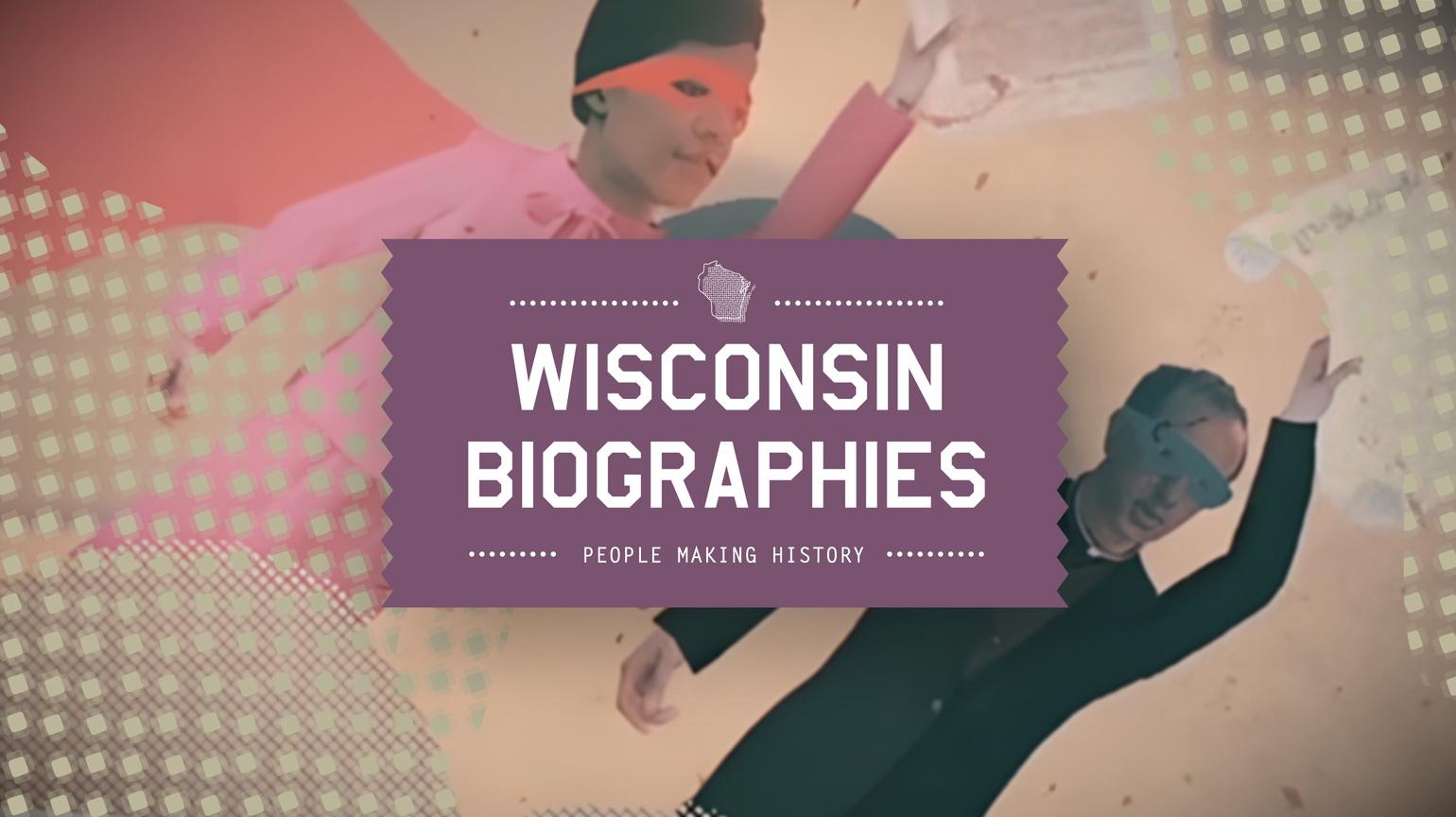


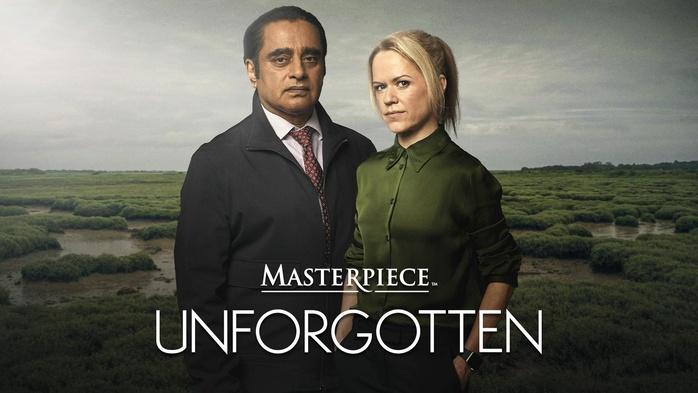

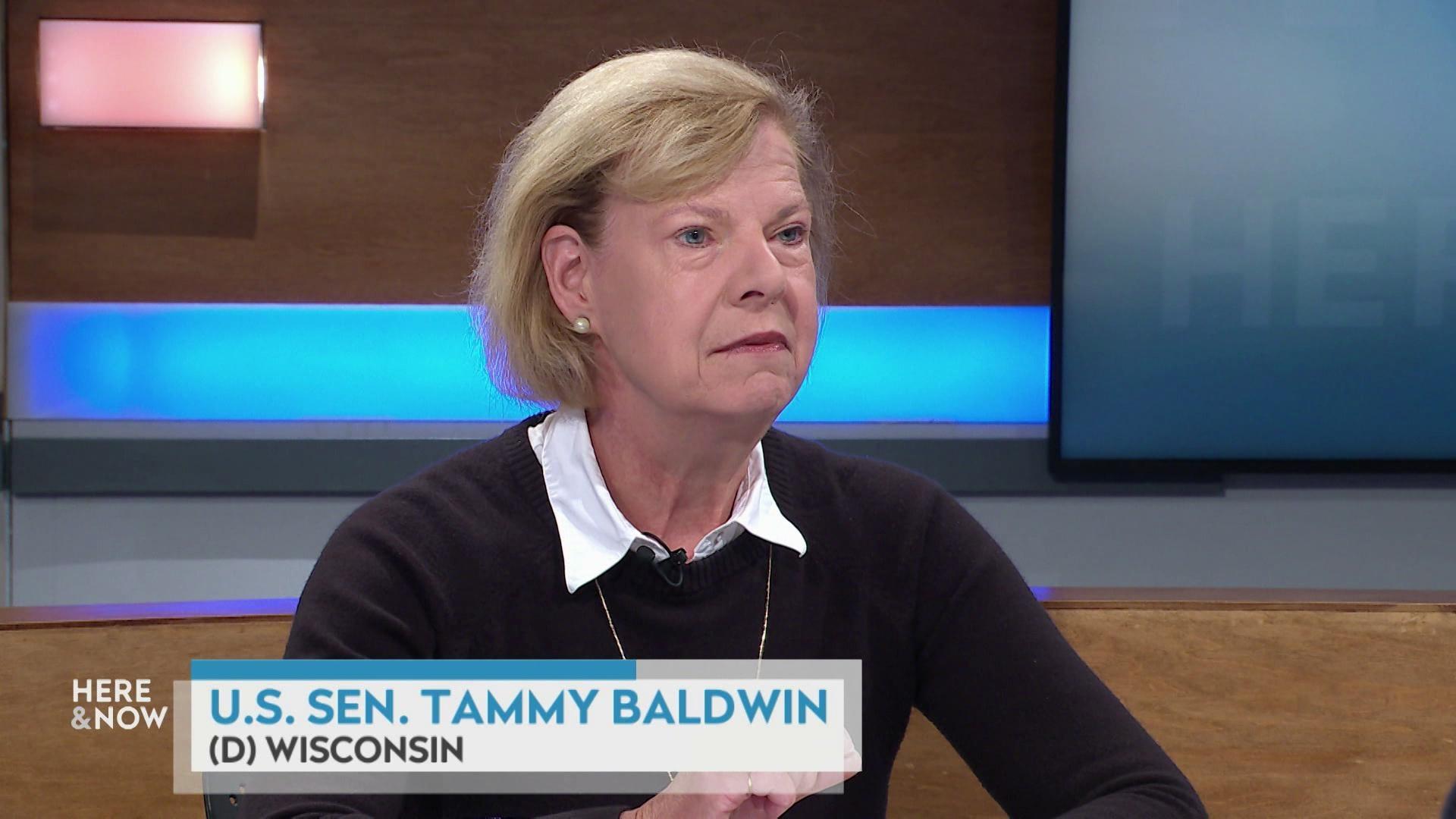

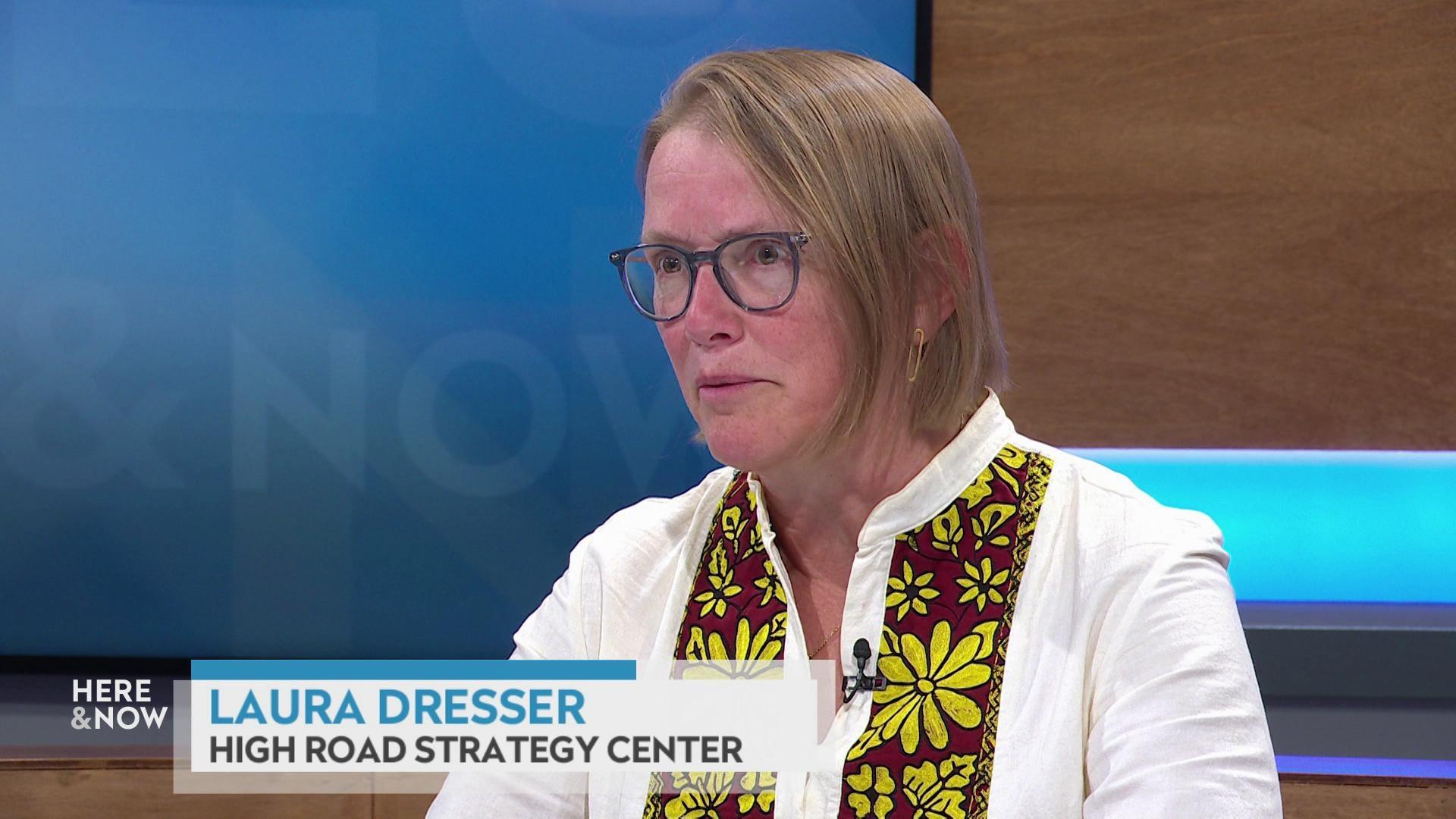
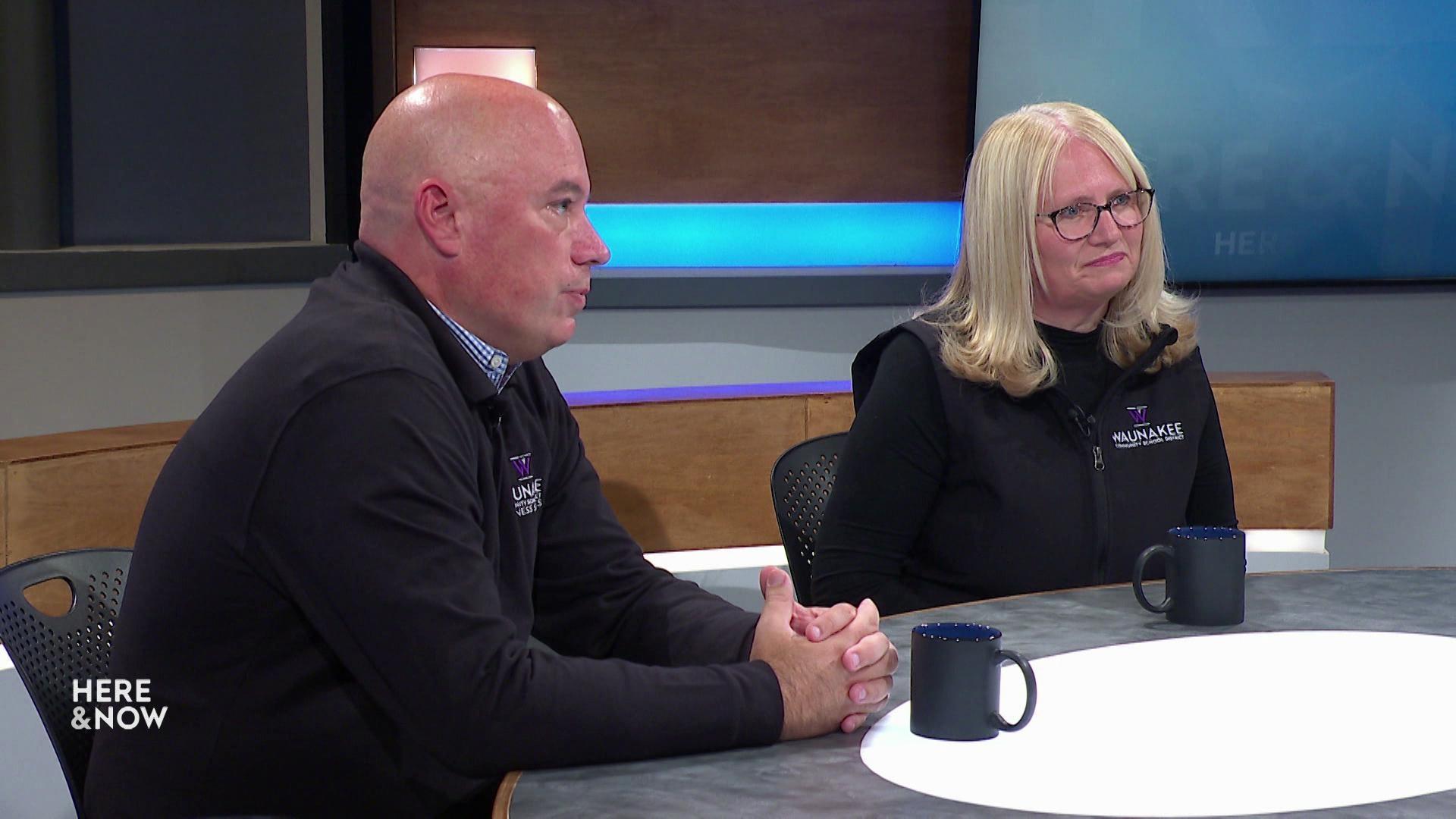
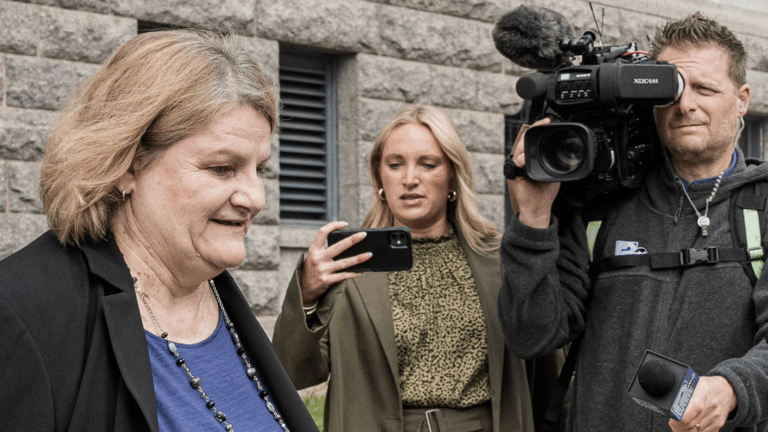
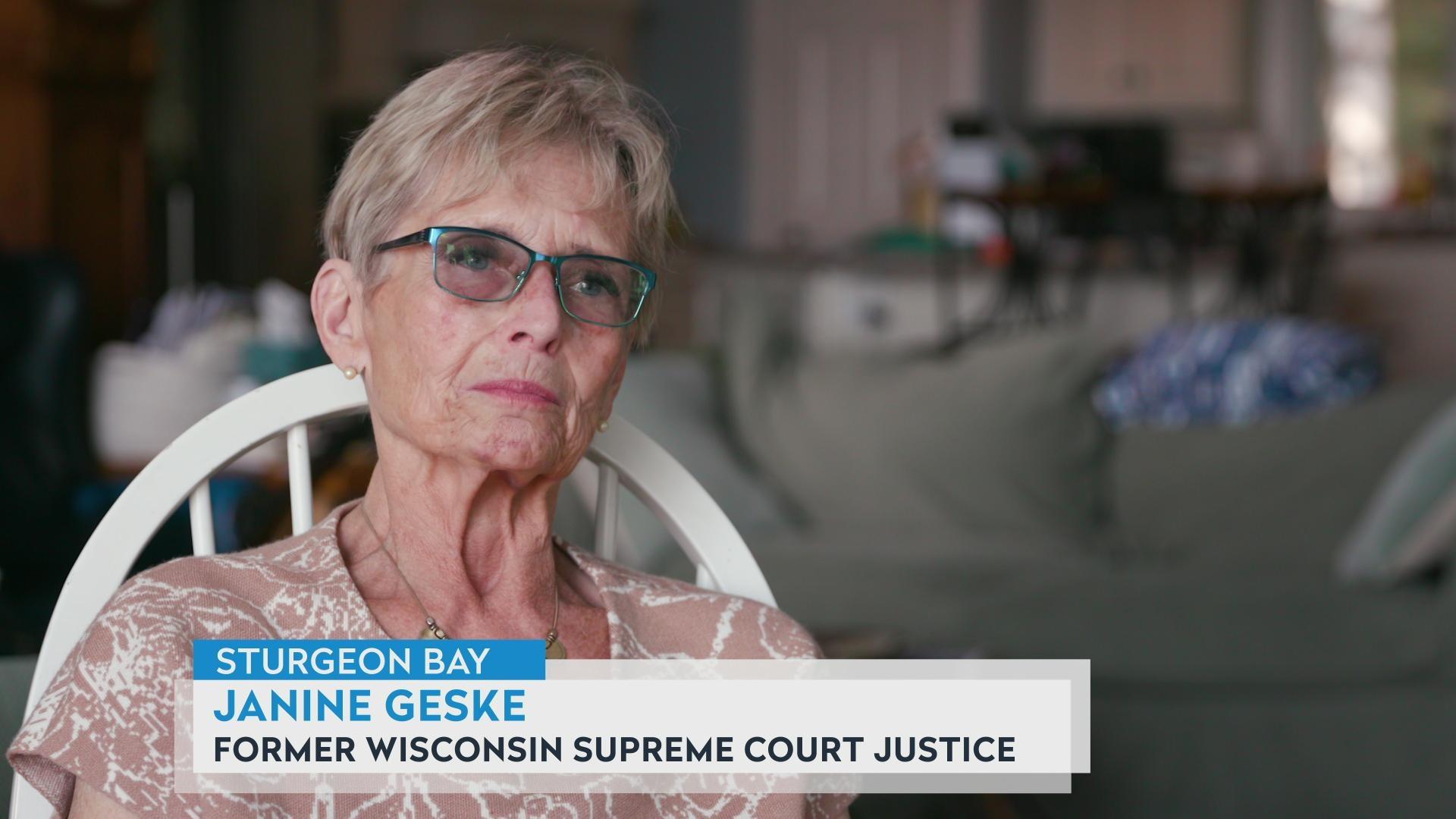
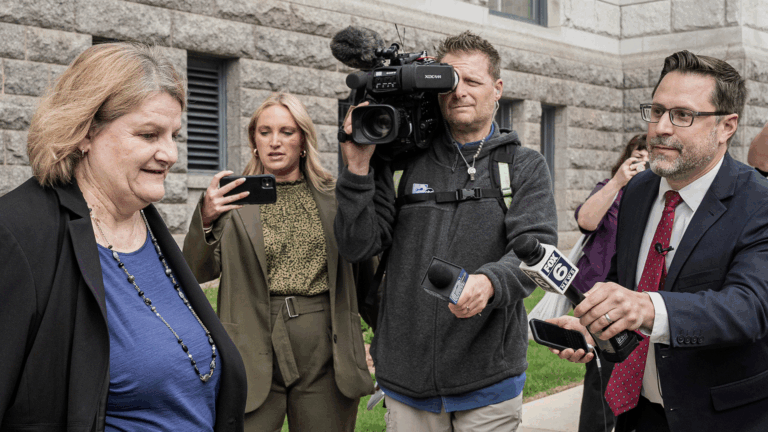
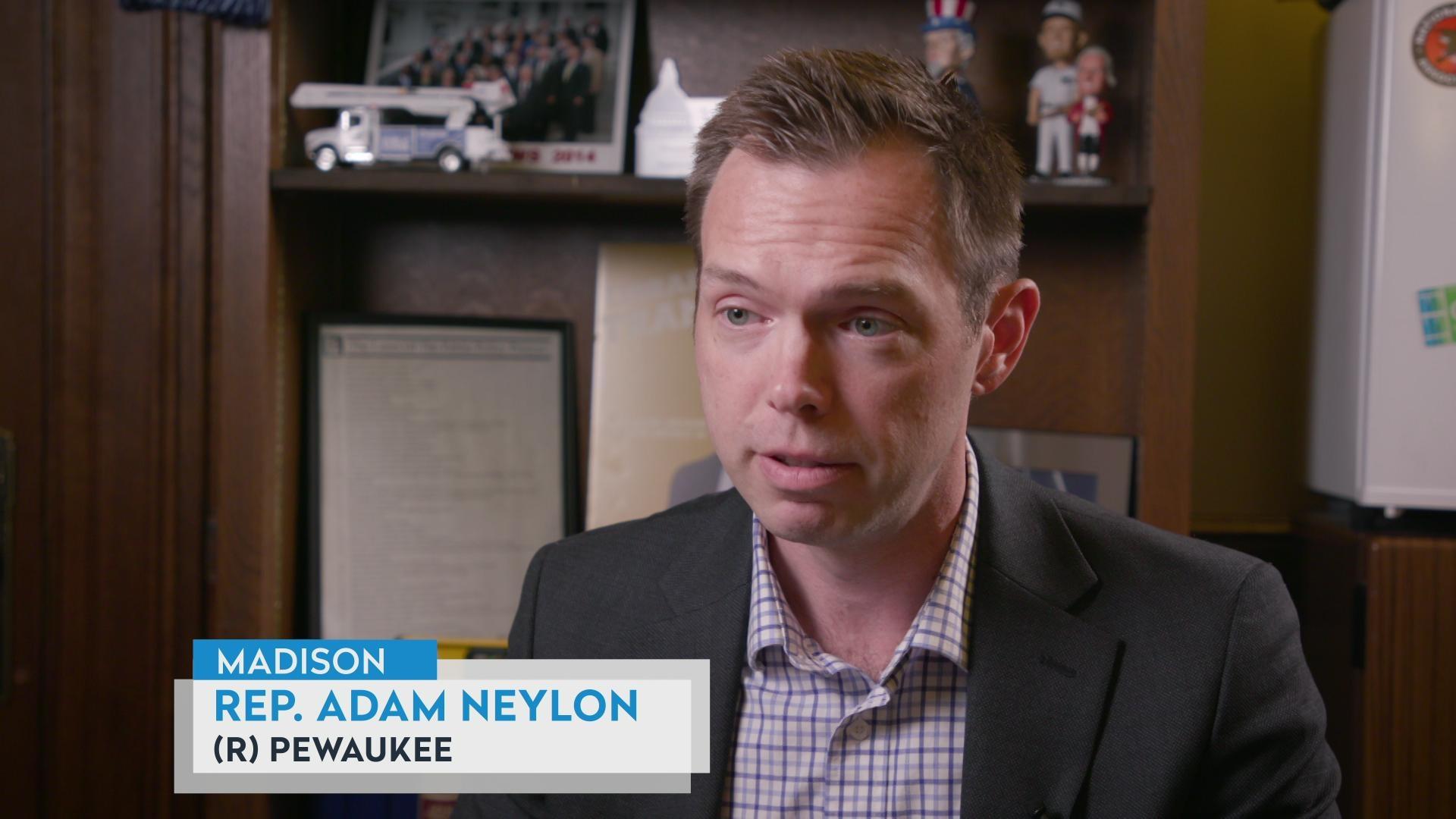
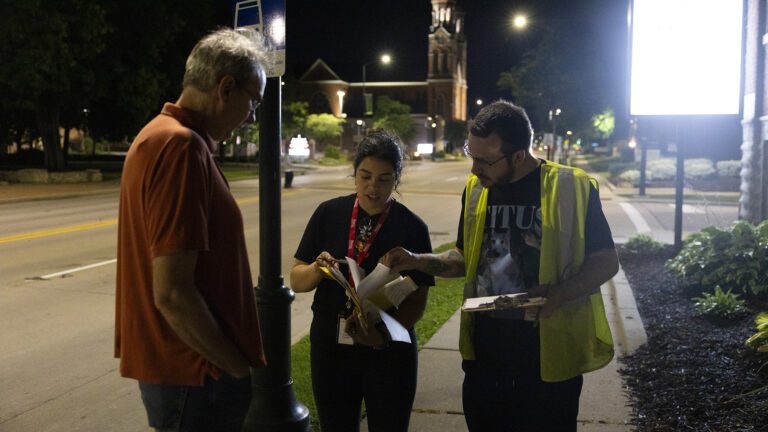

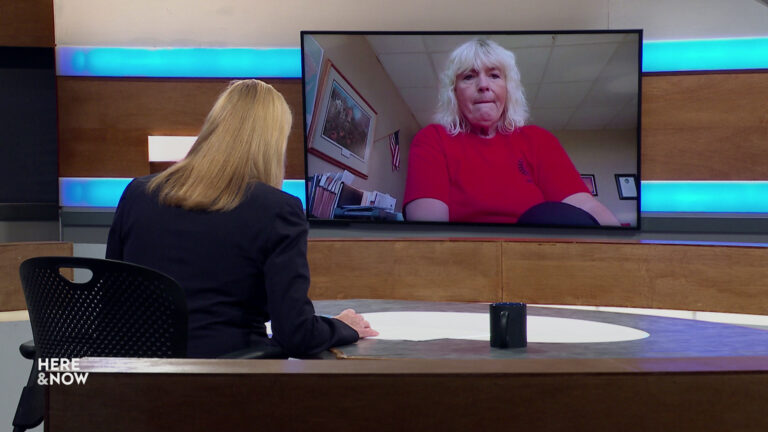
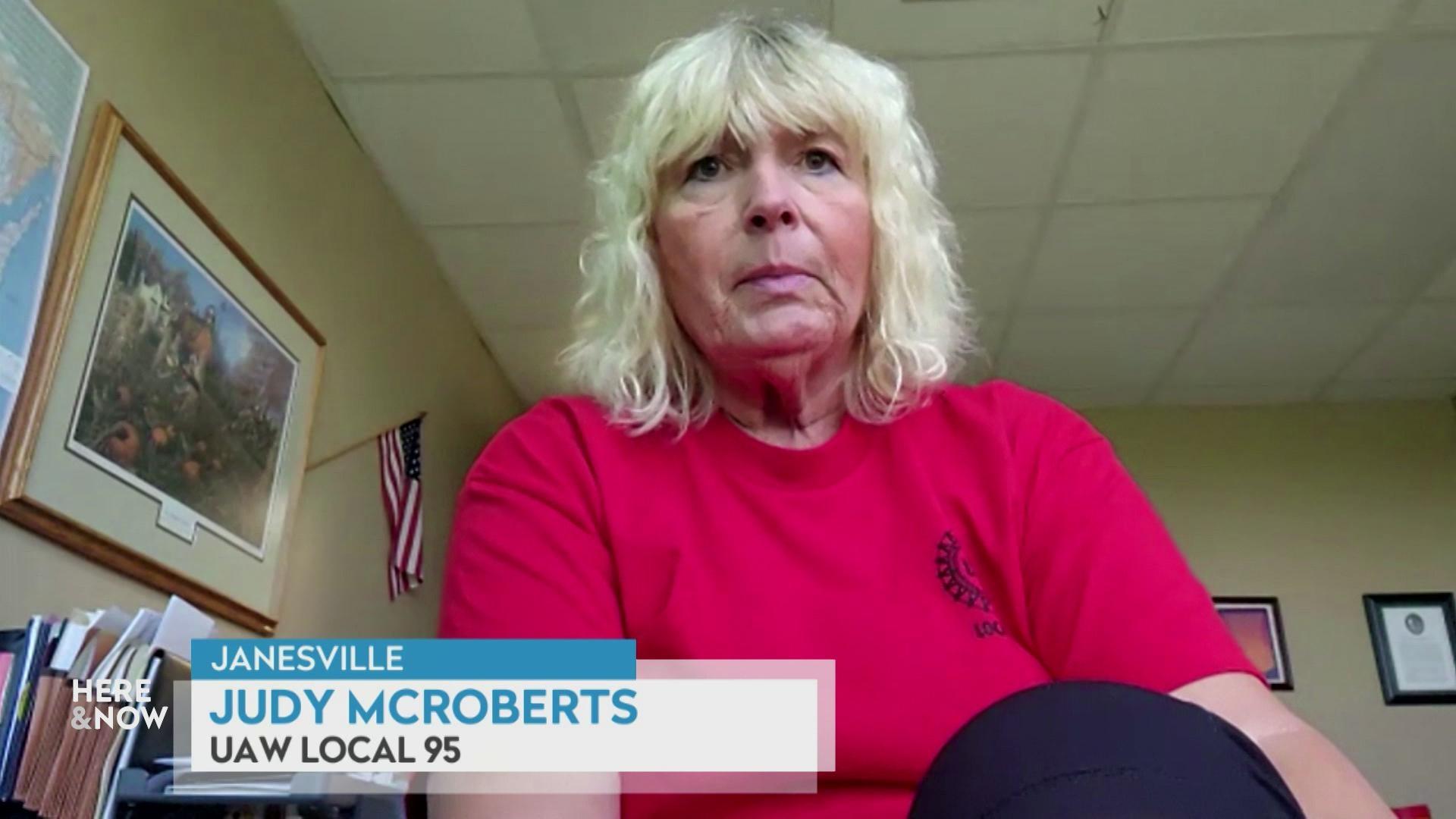

Follow Us